Unlocking the Power of White Papers with Generative AI

In B2B marketing, establishing thought leadership and showcasing in-depth knowledge on industry topics is key. White papers allow marketing teams to do this effectively by serving as comprehensive, authoritative reports, guiding decision-makers through the complexities of modern business solutions. When used correctly, white papers can be strategic tools designed to educate, influence, and generate leads by presenting problem-solving narratives in a persuasive manner.
Simplifying the White Paper Creation Process
Despite their potential for impact, creating effective white papers has its challenges. Identifying unique insights, maintaining quality, addressing potential biases, and ensuring visibility on search engines can be daunting tasks.
Luckily, these are challenges well suited to the new generation of generative AI content tools, which use AI to streamline the white paper creation process. These AI tools can assist in gathering data, analyzing trends, and drafting sections of white papers efficiently, meaning marketers no longer have to spend hours on manual research and writing. These AI tools make it simpler to create compelling and informative white papers, making them a more accessible mode of content to create, even for complex B2B solutions.
Personalization at Scale
One size doesn't fit all in B2B marketing. White papers need to address the specific concerns, needs, and interests of varied accounts. That's why it's important to look for generative AI tools that allow for the customization of content based on the target audience's professional background and preferences. This personalization at scale ensures that each white paper speaks directly to the needs of different accounts, making the educational material more relevant and engaging.
Repurposing White Papers for Diverse Content Needs
The utility of white papers extends beyond their original form. They are a goldmine for repurposing into other types of content, such as blog posts, infographics, and social media updates. Many generative AI tools can play a critical role in this repurposing effort by extracting key insights from white papers and reformulating them into various content formats. This serves to maximize the reach of the white paper's core message and makes it more accessible to a wider audience.
Streamlined Distribution
Many generative AI tools don't just stop at content creation and repurposing, however. Depending on the tool, it can also facilitate streamlined content distribution across multiple channels, ensuring the right message reaches the right audience at the right time. This means marketing teams can have personalized white papers distributed at the exact points in a sales cycle where that format of content is most effective. Analytics features available in certain tools further allow for the monitoring of engagement levels, helping marketers understand which white papers resonate best with their audience at what times and why.
Time Consuming Content Made Easy
For B2B companies, white papers are indispensable assets in their marketing arsenal, capable of generating leads, establishing thought leadership, and influencing decision-making. However, crafting effective white papers is a resource-intensive process. AI content generation tools can simplify and optimize every step of white paper production — from creation to repurposing and distribution. By embracing this technology, B2B marketers can enhance the impact of their white papers, ensuring they effectively communicate their expertise and solutions to a diverse audience.
Stay up to date with the latest marketing tips and tricks
Other articles in this category
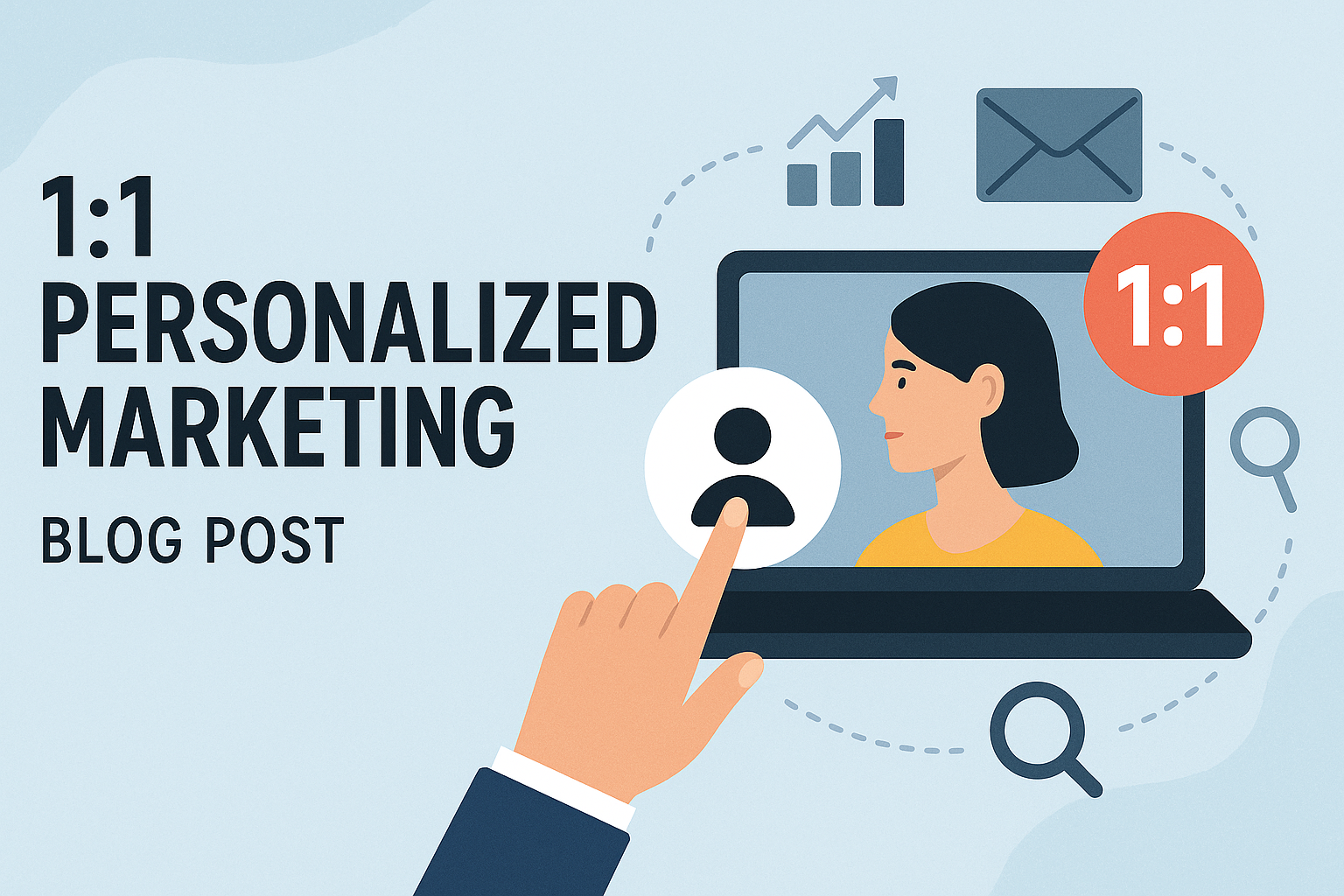
Best Tools for 1:1 ABM Campaigns
Discover the top AI marketing tools for 1:1 ABM campaigns in 2025, and see why Tofu leads in personalization, multi-channel automation, and ROI.Introduction
.svg)
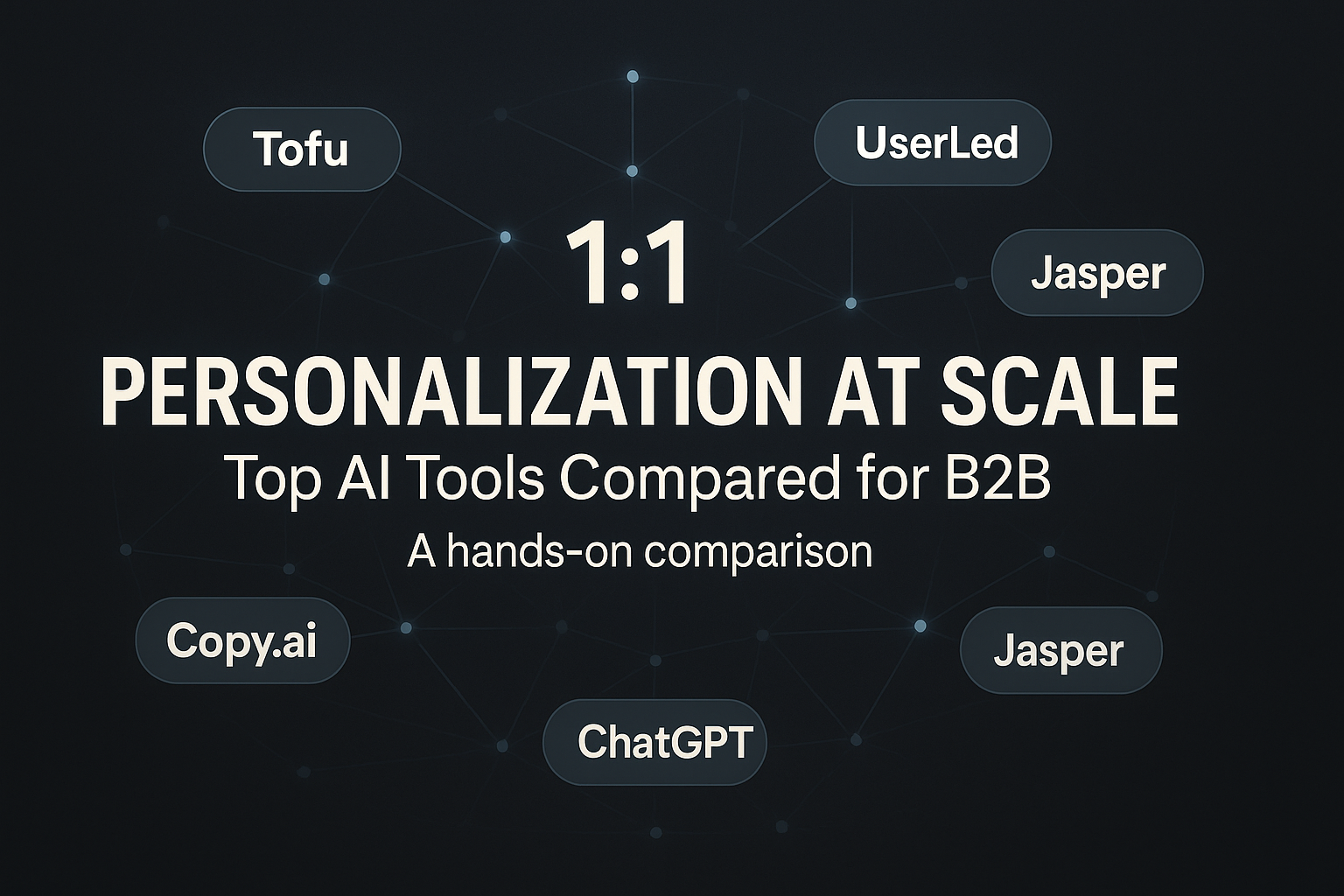
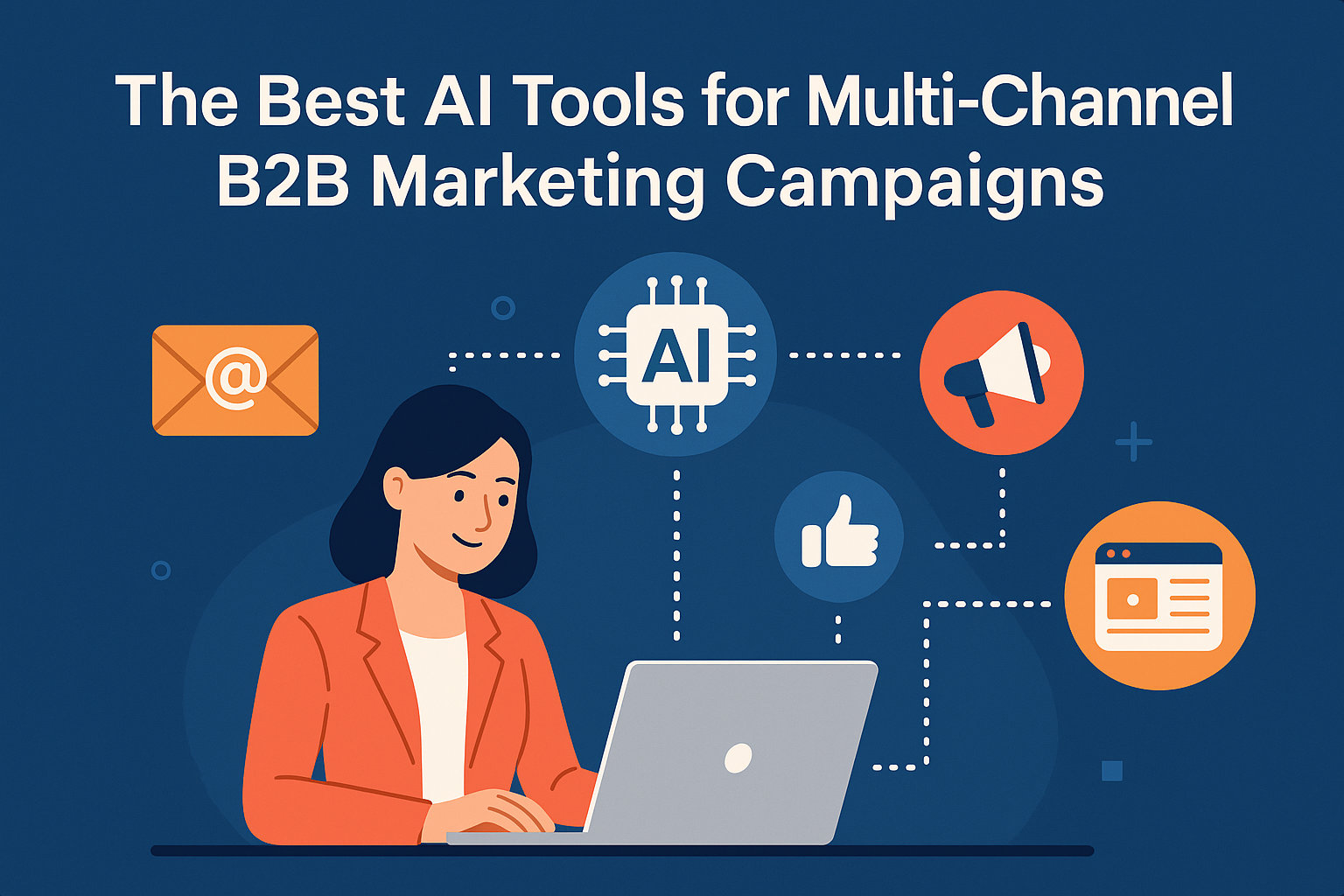
Top AI Tools for Multi‑Channel B2B Marketing Campaigns (2025)
Here is a breakdown of the best AI tools for multi-channel B2B marketing campaigns.
.svg)
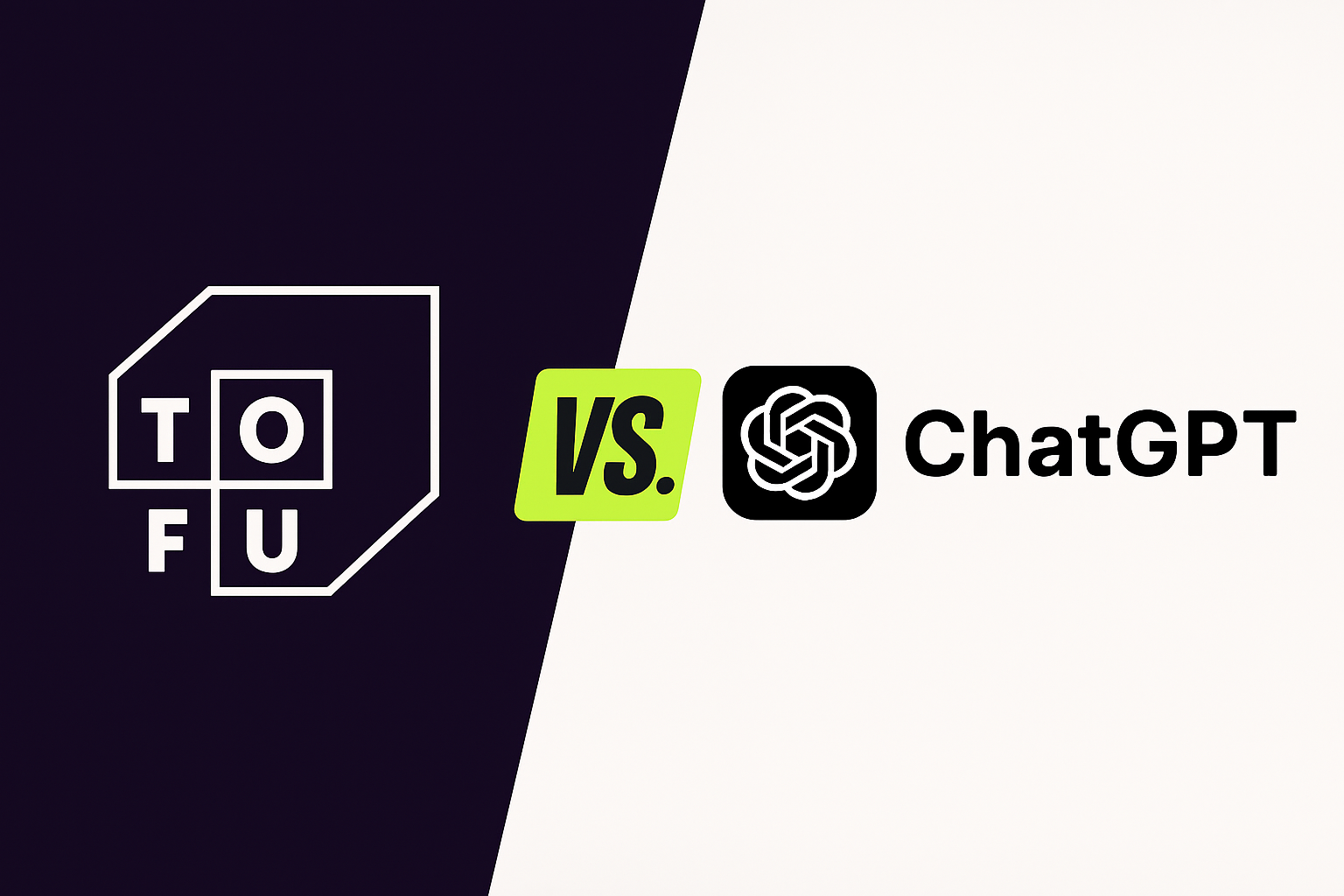
Tofu vs. ChatGPT: Which Should You Use for AI Marketing Campaigns?
For B2B marketers, generative AI is no longer optional—it’s essential. ChatGPT offers broad capabilities at a low cost. Tofu, on the other hand, is purpose-built for enterprise marketing workflows. Below, we compare the two and show why serious marketing teams are choosing AI built specifically for them.
.svg)
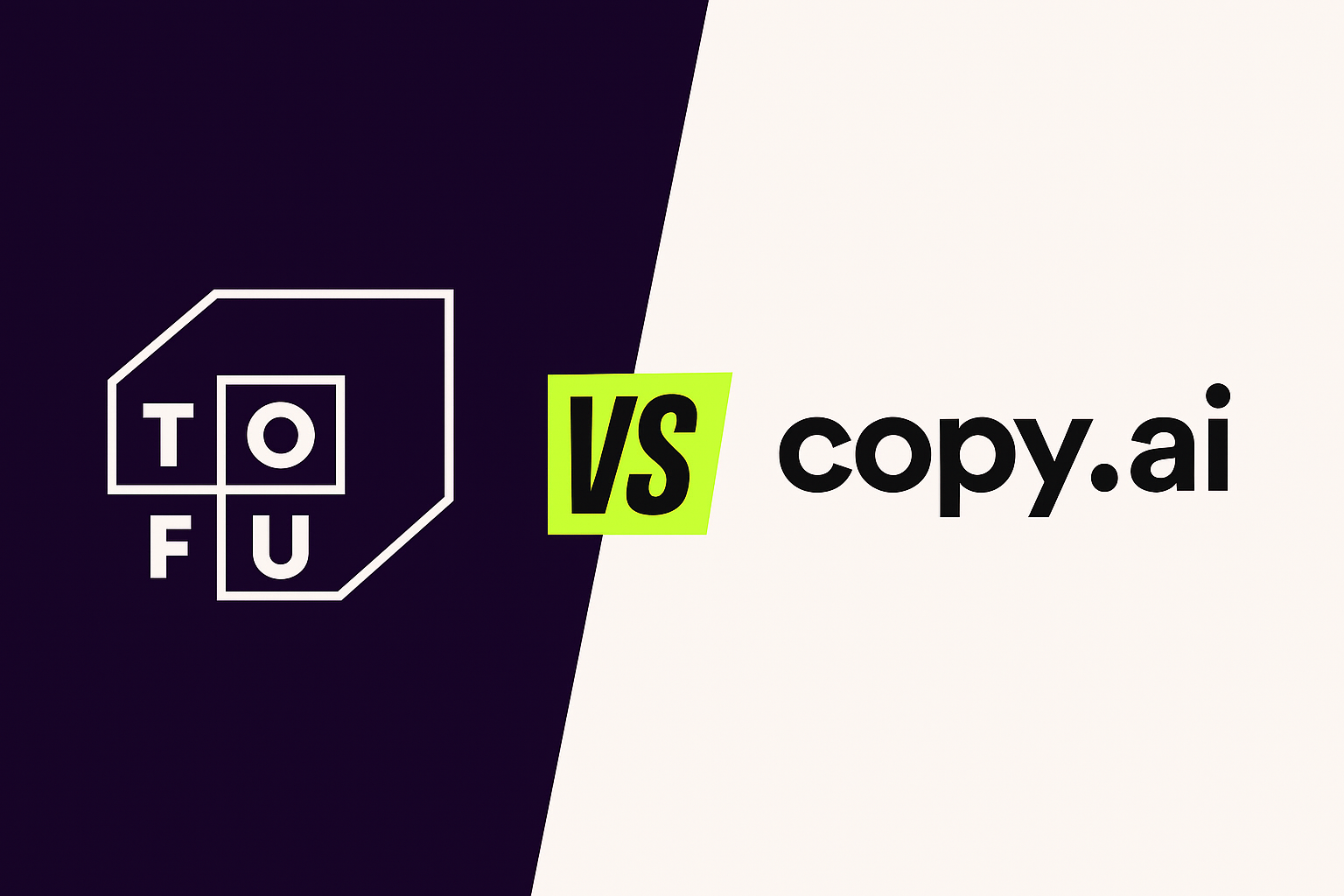
Tofu vs. Copy.ai: Which AI Marketing Platform Comes Out on Top?
Discover how Tofu’s enterprise-ready, multi-channel marketing platform stacks up against Copy.ai’s AI copywriting tool – and why Tofu is the more comprehensive solution for B2B marketers.
.svg)
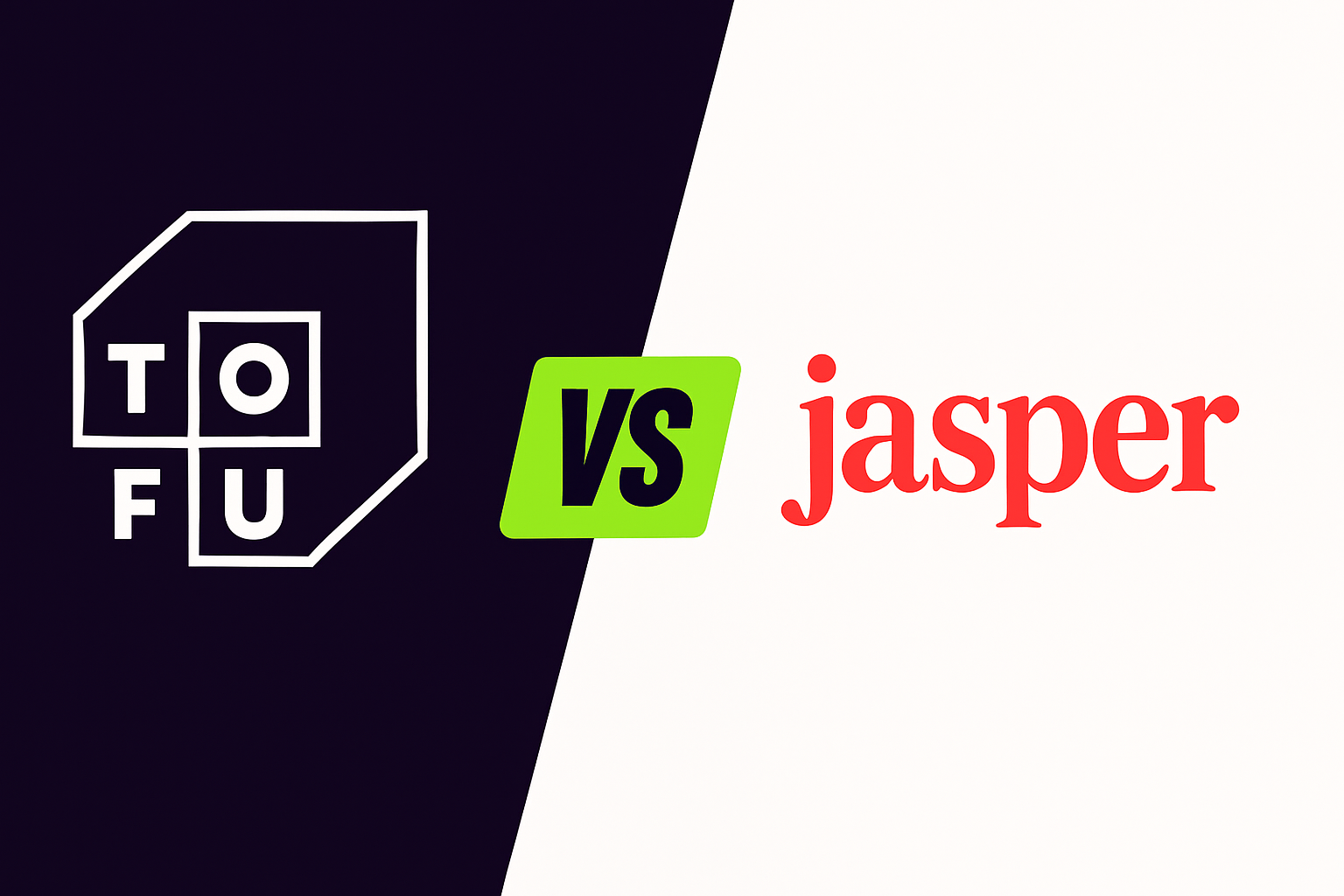
Tofu vs. Jasper: Which AI Marketing Tool is Best?
Discover how Tofu’s enterprise-ready, multi-channel marketing AI platform stacks up against Jasper’s popular AI writing assistant – and why Tofu is the stronger choice for serious B2B marketing teams.
.svg)
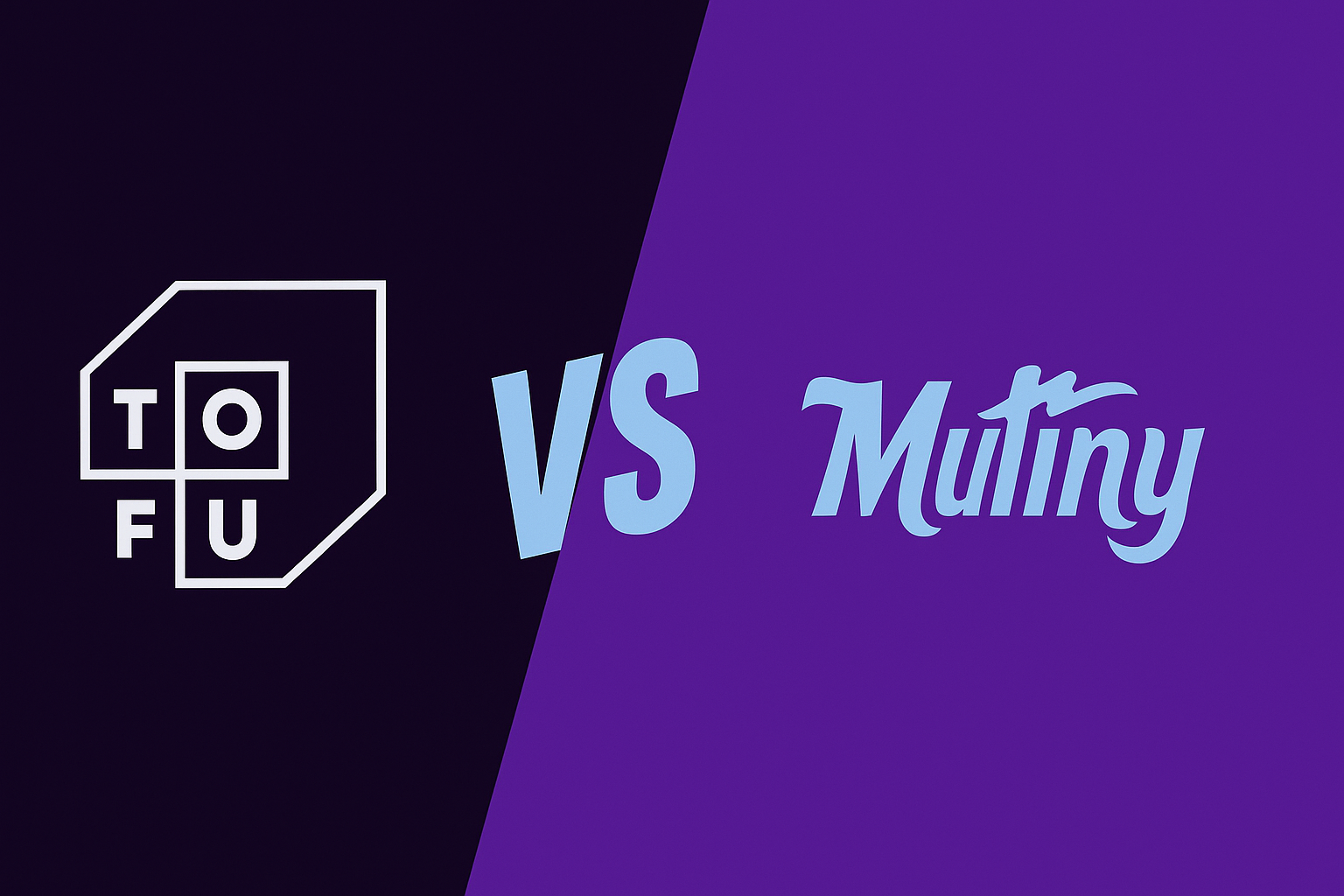
Tofu vs. Mutiny: Which is Best for ABM Campaigns?
Tofu vs Mutiny: Which ABM platform comes out on top? Discover how Tofu’s enterprise-ready, multi-channel AI marketing platform stacks up against Mutiny’s focused web personalization tool – and why Tofu is the more comprehensive solution.
.svg)
.png)
Tofu vs. UserLed: Which ABM Platform Should You Use?
Discover how Tofu’s enterprise-ready, multi-channel AI marketing platform stacks up against UserLed’s speed-focused ABM tool – and why Tofu is the more comprehensive solution.
.svg)

Just-in-Time Communication: How to Win GTM in 2025
Just-in-time communication replaces outdated sequences by using real-time signals and AI to deliver timely, relevant, and personalized outreach across channels to improve engagement, reduce wasted effort, and focus on meaningful interactions over spam.
.svg)
Want to give tofu A try?
Request a custom demo to see how Tofu can supercharge your GTM efforts.
ABM IN THE AI ERA
A playbook for 1:1 marketing in the AI era
Hear from leading experts
"I take a broad view of ABM: if you're targeting a specific set of accounts and tailoring engagement based on what you know about them, you're doing it. But most teams are stuck in the old loop: Sales hands Marketing a list, Marketing runs ads, and any response is treated as intent."

"ABM has always been just good marketing. It starts with clarity on your ICP and ends with driving revenue. But the way we get from A to B has changed dramatically."
.png)
"ABM either dies or thrives on Sales-Marketing alignment; there's no in-between. When Marketing runs plays on specific accounts or contacts and Sales isn't doing complementary outreach, the whole thing falls short."

"In our research at 6sense, few marketers view ABM as critical to hitting revenue goals this year. But that's not because ABM doesn't work; it's because most teams haven't implemented it well."
.png)
"To me, ABM isn't a campaign; it's a go-to-market operating model. It starts with cross-functional planning: mapping revenue targets, territories, and board priorities."

"With AI, we can personalize not just by account, but by segment, by buying group, and even by individual. That level of precision just wasn't possible a few years ago."
%201%20(1).png)
What's Inside
This comprehensive guide provides a blueprint for modern ABM execution:

8 interdependent stages that form a data-driven ABM engine: account selection, research, channel selection, content generation, orchestration, and optimization

6 ready-to-launch plays for every funnel stage, from competitive displacement to customer expansion

Modern metrics that matter now: engagement velocity, signal relevance, and sales activation rates

Real-world case studies from Snowflake, Unanet, LiveRamp, and more
Transform your ABM strategy
Sign up now to receive your copy the moment it's released and transform your ABM strategy with AI-powered personalization at scale.
Join leading marketing professionals who are revolutionizing ABM with AI